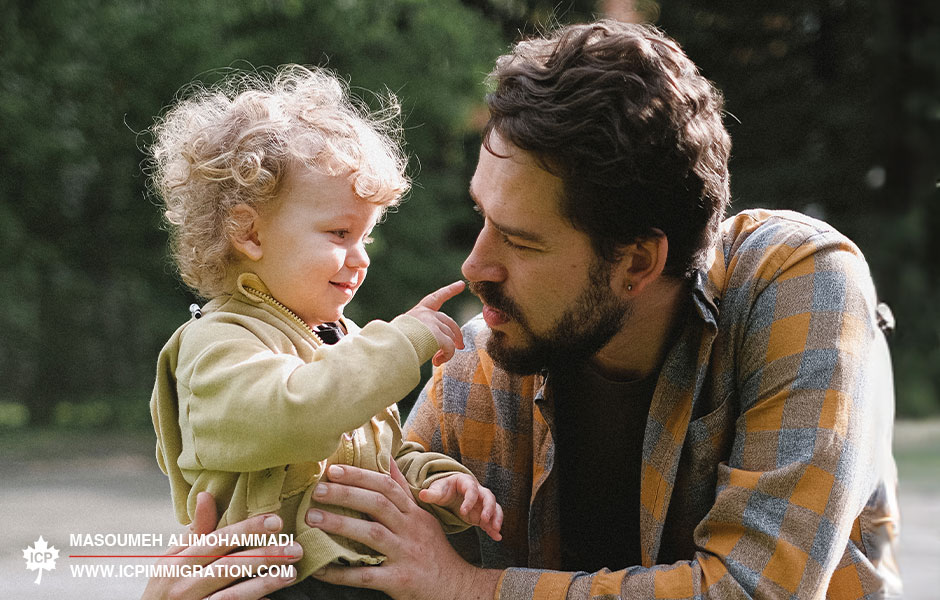Family class sponsorship enables family members who live in different countries to be reunited and live together in Canada.
To be eligible for sponsorship, the child must be considered a dependant, meaning they are:
- The biological or adopted child of a Canadian citizen or permanent resident
- Are not married or in a common law relationship
- Are under the age of 22
A child over the age of 22 may qualify if:
- They suffer from a mental or physical condition and cannot support themselves
- Are depended on their parents for financial support since before the age of 22
Dependent children must remain unmarried and not in a common-law relationship until becoming a permanent resident. In addition, a dependent child who is divorced, widowed or whose marriage has been annulled or who is no longer in a common law relationship at the time of the initial receipt of the application is considered to meet the definition of a dependent child.
A birth certificate or baptismal certificate can serve as proof of a biological relationship.
In the case of human reproductive technologies, documents suitable for establishing a parent-child relationship are birth certificates but also authorized evidence that indicate that the person claiming to be the parent is the birth mother or spouse/common law partner of the mother at the time of the birth. Parents must also show that they used assisted human reproduction technologies.
If the child was born from a surrogacy agreement in a foreign country and the child is legally the child of the sponsor or their spouse or partner in that country, the child may be a “biological child”, if there is also a genetic parent-child relationship.
The age of a dependent child is locked in on the date of receipt of the principal applicant’s complete permanent residence application.
Applicants who want to sponsor a child who is subject to custody orders must provide proof that they are allowed to remove the children from foreign country they are currently residing in.
The parent or guardian overseas must provide written consent for the child to travel to Canada for the purpose of becoming a permanent resident. If the parent or guardian is unwilling to provide consent, a court order can be acceptable.
If the parents share custody of the child, Immigration, Refugees and Citizenship Canada (IRCC) must get written confirmation from the other parent that they have no objection to the child being processed for permanent residence in Canada.




